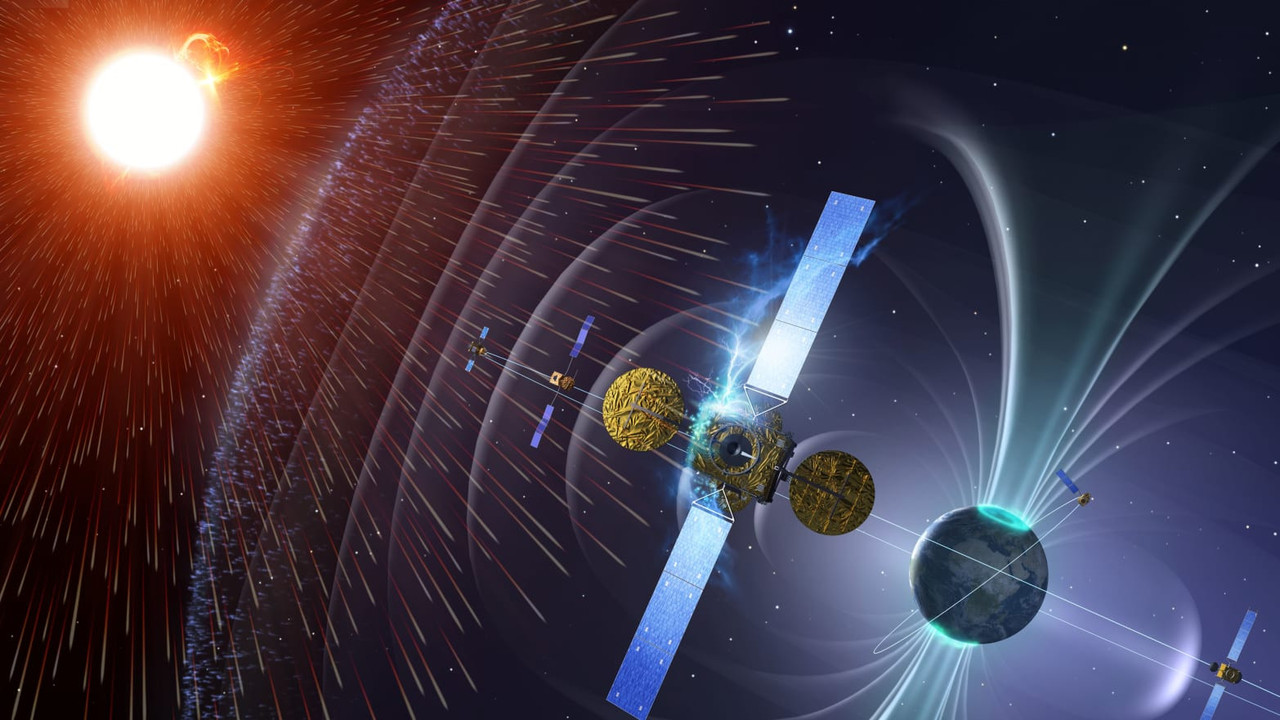Space weather is one of the most dangerous natural hazards that affect space and ground-based technological systems as well as the health and life of humans. The potential global economic impact of space weather events is great and could incur losses totalling €38,4 BN per day.
To address the lack of comprehensive solutions in the field, is developing a unique technology that combines 24/7 space weather monitoring, analytics and sector-specific predictions. With the expertise of researchers at SnT, the technology aims to increase the forecast accuracy and enable the timely dissemination of critical information to affected organizations.
The research will be led by Prof. Andreas Hein and Dr. Maxime Cordy. According to Hein, the team will improve existing methods for space weather forecasting by uniting SnT’s research strength in the areas of space systems engineering and in ML.
The resulting development could have an impact in various arenas across the space industry. The technology may also improve the responsiveness of electric power grids, pipeline infrastructure, railway and navigation systems, aviation, emergency management systems, amongst others, in the event of weather events. Mission Space founders and Alexey Shirobokov say that developing this technology will position Luxembourg as a global hub for space weather studies.
The duration of the project is three years and coincides with the deployment of the Mission Space monitoring constellation.
